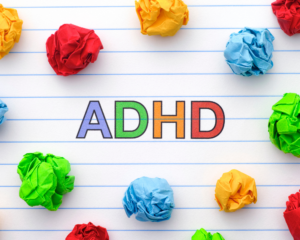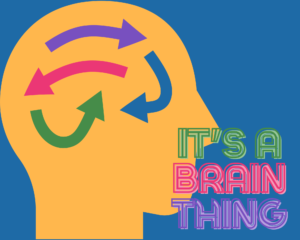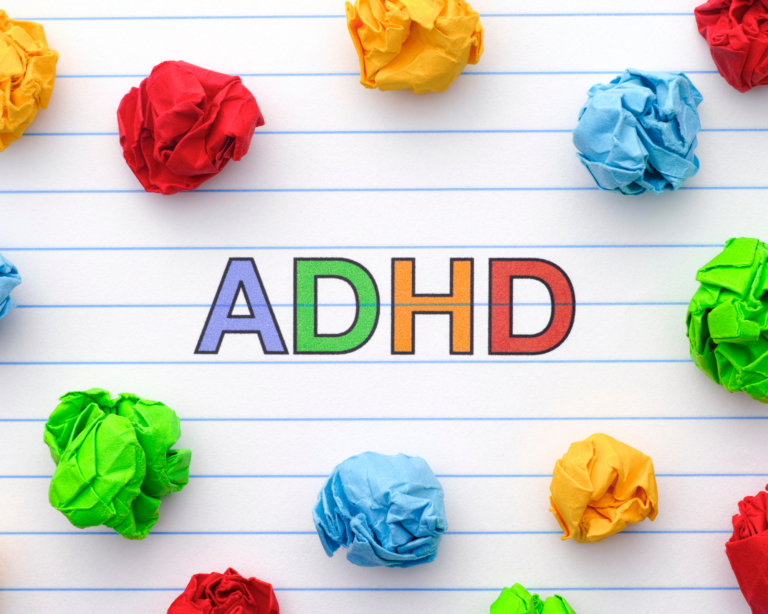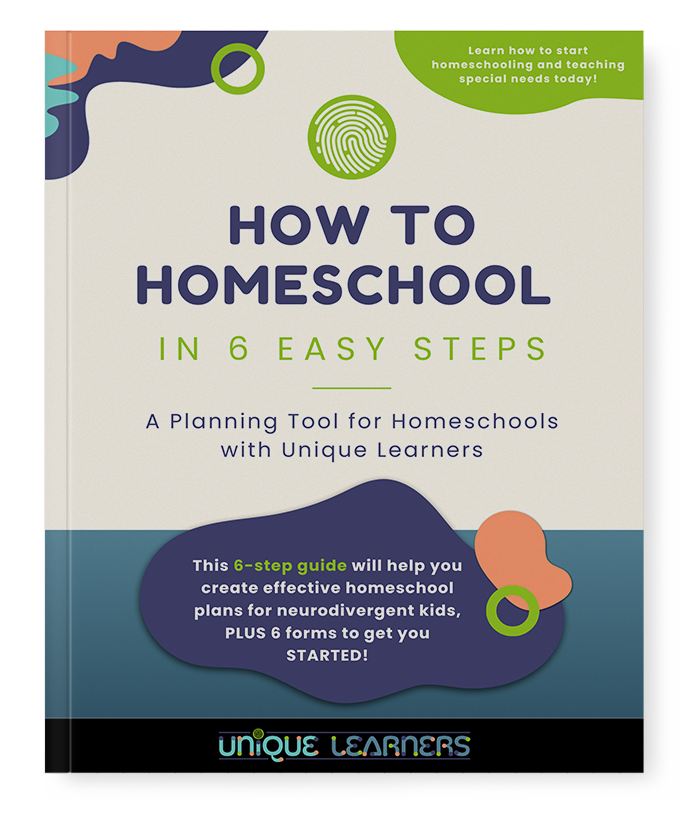
Does your child have ADHD? Attention deficit hyperactivity disorder, or ADHD, is a common childhood mental health disorder that affects about 9% of children in America, according to the National Center for Health Statistics.
However, the diagnosis of ADHD has been on the rise for the last several years and it’s an issue that parents, educators, and doctors all have to contend with.
According to the DSM-5, ADHD is characterized by inattention, hyperactivity, and/or impulsivity. ADHD is sometimes present along with with other behavioral or developmental challenges.
Dealing with an ADHD child can be frustrating, challenging, and confusing for parents as they try to grapple with the question of why their child just can’t settle down or focus. Here are three effective strategies for parenting a child with ADHD.
Try these techniques to learn more about ADHD and how you can help your child:
1. Realize that the ADHD Brain is Different.
Researchers and scientists have shown that the brain of children diagnosed with ADHD has different characteristics which are responsible for the child’s symptoms. Kids with ADHD require specialized helps to focus, behave appropriately in social situations, and think before acting.

Once you understand that your child’s brain is simply wired differently, it becomes much easier for you to keep your own emotions in check when faced with difficult and challenging behaviors. Think of it this way. If a child is in a wheelchair, you would understand that certain physical activities might be difficult, requiring specialized helps to navigate through the physical world.
Inattention
The specialized help inattention usually requires adjusting the rewards that motivate a kid to stay alert and remain focused on a task. The more rewarding a task, the better the child can concentrate. That’s why kids with ADHD can work so hard on video games, but doing a math worksheet can take forever. Try to make boring and challenging tasks more fun, engaging, and rewarding.
Hyperactivity
Imagine for a moment that you have a hundred different things vying for your attention without the self-control to devote your attention to just one of them. That is often how a busy classroom or a crowded event with lots of people, space, and sounds may cause your child to feel overwhelmed. Even if a child can recite a rule or can explain what to do in a social situation, it may be nearly impossible to stay in control or follow directions when the stimulation is overwhelming, or the situation requires being still or quiet. Giving a cue of expectations just before an activity, then praising appropriate behavior frequently is one of the first ways to train self-control.
Impulsivity
Impulsivity may look like the “shiny object syndrome.” If something grabs their attention and they go after it. The ability to stop and think before acting seems to fly out the window. Helping a child to inhibit their desires for immediate gratification is so very hard. Self-control is learned from a lot of practice and patient guidance. Use the cue, “Stop. Think. Then Act.” A kid with ADHD will have difficulty with this frequently. It is important to keep communication open to discuss what could be done differently next time. For more important situations, using natural consequences may impact behavior more than 100 verbal corrections.
2. Respond Consistently.
One of the most important things you can do when parenting your ADHD child is to use consistency when communicating with your child.

This is sometimes tough for parents because this assumes that we’re always going to have the same tone of voice and not allow our own emotional states to affect what we’re trying to communicate.
However, children with ADHD need to hear the consistency in what we say and in our tone of voice. With a child who has ADHD, we cannot express our expectations about something on just one occasion. Rather, we need to communicate our expectations on every occasion in just the same manner.
For example, many parents ask a child to do something like this: “Do you want to pick up your backpack from school?” Asking a question leaves it open for the child to ignore or refuse.
A more effective approach is to use the child’s name so they are alerted that you are speaking directly to them. Then state the direction as a simple command. “Billy, please pick up your backpack from school.”
Allow the child about 1 full minute to get up to do the task. A good rule of thumb is to count to 60 in your head. If the child doesn’t respond or move then say, “Billy, what are you supposed to do?” Sometimes you will find the child didn’t pay attention or hear your words. Other times, they understood and just refused. Once you know if your kiddo heard and understood, then respond by repeating the direction and, if needed, stay by their side to help them get started.
Now there’s no need for you to get emotional. You have a consistent plan for how to give a direction and how to follow through. Use this same technique every time you want them to do something.
3. Use a behavior management approach.
A token economy system with strategic rewards and consequences is often the most effective way to encourage appropriate behaviors.

Your child with ADHD can begin to learn what behaviors you expect and begin to develop self-control through behavior goals and by receiving the positive reinforcement of tokens that can be turned in for rewards.
Incentives in a token economy are used to reinforce appropriate behaviors based on goals. Tokens are earned – they are not bribes.
The basic idea behind this behavior management system is that the child receives a token for following a demand and then he can turn in those tokens for rewards. A token economy system can be as elaborate or as simple as you want it to be. You can use pennies, buttons, colored popsicle sticks, reward dollars, or any other number of objects as the tokens.
The frequency of the rewards that you give out will depend on the nature of your individual child. A child that has immense difficulty following-through, for example, will require more rewards in the beginning to achieve the desired outcome. Rewards can be inexpensive. Avoid food rewards as much as possible. The best rewards are time spent with YOU doing a fun activity.
When the current system becomes boring or loses its appeal, no worries! Change it to something else. Novelty is motivating to kids with ADHD, but novelty also wears off more quickly than for other children. About a month is a good amount of time before changing a system. An occasional change also gives you the opportunity to change the frequency of the rewards. Some kids may need them even more often, while others are ready for them less often. The idea is to eventually phase out the rewards or to spread them further apart.
Parenting a child who has been diagnosed with ADHD is no easy task! It often requires help and assistance from multiple professionals, such as counselors and therapists, school staff, and special education teams. You can also find many resources and support groups online. Keep reaching out to find the help you and your child need.
Homeschoolers, parents, and teachers can also find support through our Unique Learners courses and products. We have fun token economy bucks, certificates, and coupons in our TPT store at https://www.teacherspayteachers.com/Store/Unique-Learners-Sue-Hegg
Understanding that ADHD is a brain issue, consistent communication, and a behavior management system are all important keys to parenting success with a child with ADHD.

